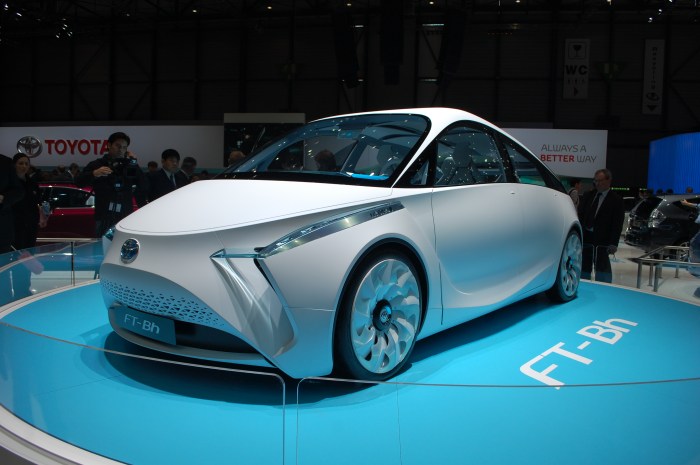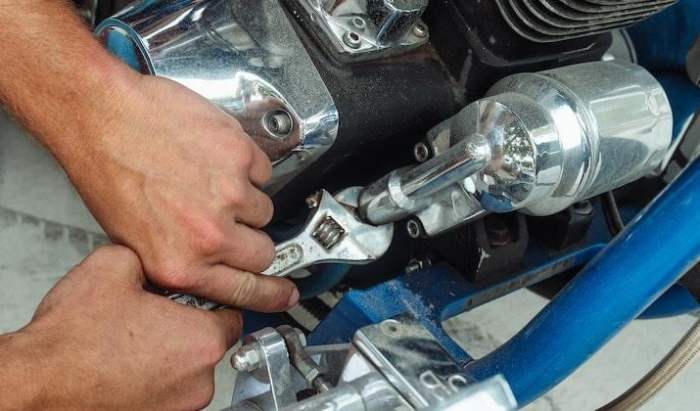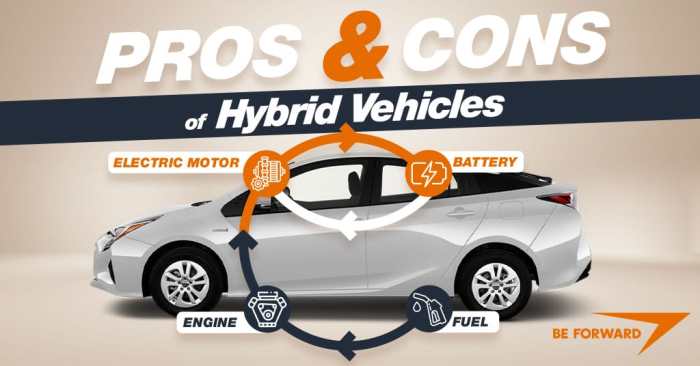Hybrid vehicle pros and cons takes center stage in today’s automotive discourse, captivating those interested in sustainable transportation solutions. As the world increasingly shifts towards greener alternatives, understanding hybrid vehicles—those that combine traditional gasoline engines with electric power—becomes essential. This overview explores the various types of hybrids available, their operational mechanics, and the evolution of this innovative technology, setting the scene for a deeper dive into the myriad of benefits and drawbacks they present.
Obtain direct knowledge about the efficiency of Mercedes-Benz AMG C63 S E-Performance through case studies.
Overview of Hybrid Vehicles: Hybrid Vehicle Pros And Cons
Hybrid vehicles combine the advantages of both gasoline engines and electric motors, providing improved fuel efficiency and reduced emissions. They operate using a dual powertrain system, allowing them to switch between or combine power sources depending on driving conditions. Typically, hybrid vehicles utilize regenerative braking to recharge their batteries while driving, enhancing overall efficiency.
There are several types of hybrid vehicles available in the market today. These include:
- Full Hybrids: Can operate solely on electric power, gasoline, or a combination of both.
- Plug-in Hybrids: Have larger batteries that can be charged from an external power source, enabling more extended electric-only driving ranges.
- Mild Hybrids: Use electric power to assist the gasoline engine but cannot drive solely on electric power.
The evolution of hybrid technology has significantly advanced over the years, from early prototypes to the sophisticated vehicles available today. Increasing environmental concerns and technological innovations have spurred automakers to refine hybrid systems for better performance and efficiency.
Pros of Hybrid Vehicles

Hybrid vehicles offer a range of advantages that make them appealing to environmentally conscious consumers and those looking to save on fuel costs. The primary benefits include:
- Environmental Benefits: Hybrid vehicles produce fewer greenhouse gas emissions compared to traditional vehicles, contributing to cleaner air and a reduced carbon footprint.
- Fuel Efficiency: They are designed to be more fuel-efficient, often achieving higher miles per gallon (MPG) ratings than conventional vehicles, which translates to fewer trips to the gas station and lower fuel expenses.
- Government Incentives: Many governments provide tax rebates and incentives to promote hybrid vehicle adoption, making them more financially appealing to consumers.
Cons of Hybrid Vehicles
Despite their advantages, hybrid vehicles also have several drawbacks that potential buyers should consider:
- Higher Initial Purchase Price: The upfront cost of hybrid vehicles is typically higher than traditional gasoline-powered cars, primarily due to advanced technology and battery systems.
- Battery Life Limitations: The lifespan of hybrid batteries can be limited, leading to potential replacement costs which can be significant.
- Scarcity of Specialized Repair Services: Finding qualified technicians for hybrid vehicle repairs can be challenging, as not all repair shops have the necessary expertise or equipment.
Comparison with Traditional Vehicles, Hybrid vehicle pros and cons
To better understand the differences between hybrid and traditional vehicles, the following table Artikels key comparisons regarding fuel efficiency, emissions, and maintenance costs:
| Feature | Hybrid Vehicles | Traditional Vehicles |
|---|---|---|
| Fuel Efficiency (MPG) | 40-60 | 20-30 |
| Emissions (g CO2/mile) | 100-150 | 200-300 |
| Maintenance Costs | Moderate | Variable |
Driving experiences between hybrid and conventional vehicles can vary significantly. Hybrids often offer smoother acceleration and quieter operation in electric mode, while traditional vehicles may provide a more engaging driving experience for performance enthusiasts. In certain situations, such as long-distance driving or towing, traditional vehicles might be more suitable due to their simpler mechanics and wider availability of repair services.
Future of Hybrid Technology
The next decade is expected to bring significant advancements in hybrid technology, focusing on improving energy efficiency and battery performance. Innovations such as solid-state batteries may reduce charging times and enhance the overall driving range of hybrid vehicles.
Hybrid vehicles play a crucial role in the transition towards fully electric vehicles, acting as a bridge by combining traditional combustion engines with electric technology. This evolution allows consumers to adapt gradually while reducing their environmental impact.
Furthermore, the potential for hybrid technology extends into various transportation sectors, including public transport and freight systems. For instance, many cities are exploring hybrid buses that reduce urban emissions while maintaining the necessary power for public transit.
User Experiences and Reviews
Feedback from hybrid vehicle owners highlights a range of experiences. Common praises include improved fuel efficiency and lower emissions, while concerns often revolve around battery replacement costs and availability of repair services.
Various driving conditions, such as city commuting versus highway travel, can also influence user satisfaction. Popular hybrid models, such as the Toyota Prius, Honda Insight, and Ford Escape Hybrid, feature unique specifications that cater to different consumer needs. For instance, the Prius is renowned for its fuel economy, while the Ford Escape Hybrid offers versatility in an SUV format.
Environmental Impact Assessment

The lifecycle emissions of hybrid vehicles demonstrate a marked reduction in comparison to traditional vehicles. Hybrid technology typically results in lower overall carbon emissions across the vehicle’s lifecycle, from production to disposal.
However, the environmental impact of battery production and disposal remains a concern. The extraction of materials, such as lithium and cobalt, poses ecological challenges, and proper recycling methods must be established to mitigate these effects.
Case studies in regions that have adopted hybrid vehicles illustrate significant reductions in pollution levels. For example, cities that have integrated hybrid taxis into their fleets have reported improved air quality and reduced urban noise pollution, showcasing the positive impact of hybrid technology on the environment.
Epilogue

In conclusion, the discussion surrounding hybrid vehicle pros and cons reveals a landscape rich with potential yet marked by challenges. While hybrids offer significant advantages in terms of environmental impact and fuel efficiency, they also come with higher initial costs and maintenance considerations. As we look toward the future of hybrid technology, it is clear that these vehicles play a critical role in the transition to more sustainable transportation options, warranting careful consideration from consumers and policymakers alike.
Remember to click Mazda sports car comparison to understand more comprehensive aspects of the Mazda sports car comparison topic.